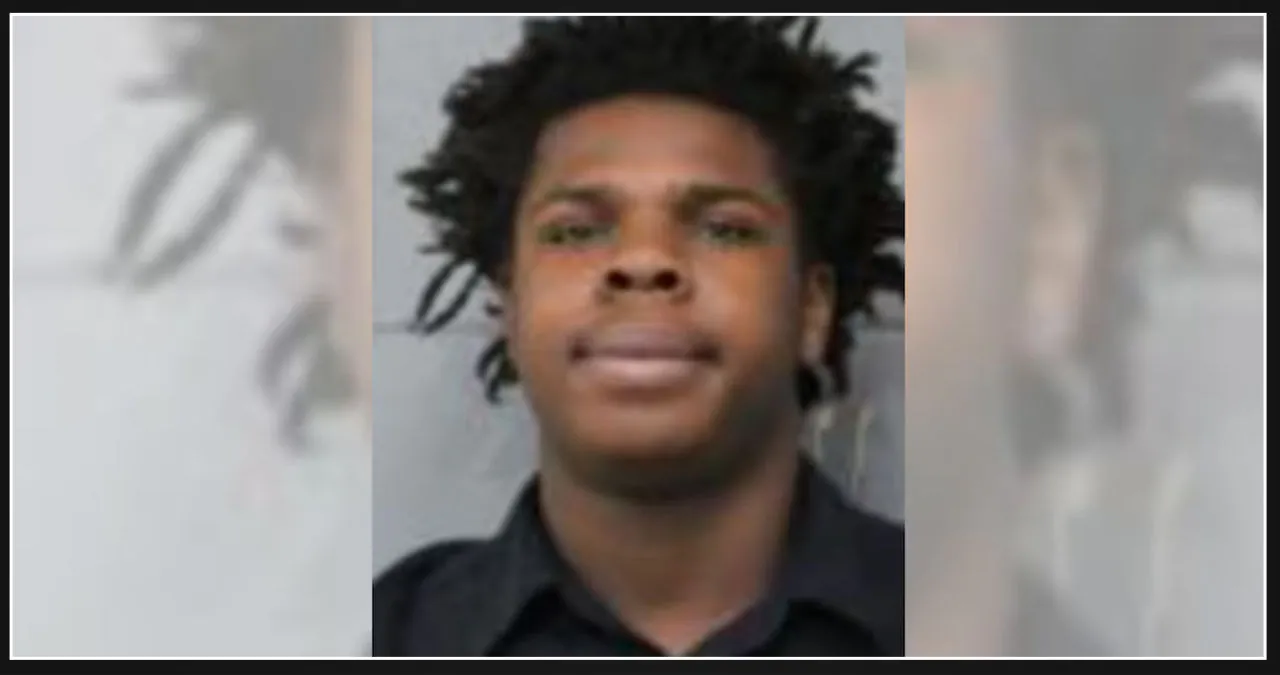A Hampton man received a 17-year prison sentence today after being found guilty of wire fraud, aggravated identity theft, and race-based interference with housing and employment.
Court documents reveal that David L. Merryman, a 59-year-old individual, was the proprietor of 39 rental properties in Newport News and an additional 23 in Hampton. It is worth noting that a significant number of Merryman’s rental properties were situated in low-income neighborhoods and were in a state of disrepair. Notably, Merryman’s main clientele consisted of underprivileged African American tenants who had limited credit and housing alternatives available to them.
From 2019 until at least January 2024, Merryman carried out a complex scheme involving various fraudulent activities. These activities included wrongfully obtaining rent relief benefits that he was not eligible for, as well as deceitfully acquiring significant initial payments such as security deposits, prepaid rent, and other fees for rental properties that were in a state of disrepair. Merryman would deceive potential tenants by promising longer lease terms, only to evict them swiftly in order to repeat the fraudulent cycle and collect more substantial initial payments from new tenants.
Jessica D. Aber, the U.S. Attorney for the Eastern District of Virginia, expressed that David Merryman specifically singled out families of color who had limited means and housing options. Aber further emphasized that landlords have a legal obligation to uphold housing rights and ensure the human dignity of their tenants. In this case, Merryman failed to fulfill his responsibility, resulting in severe consequences for his acts of racial discrimination and fraud.
David Merryman, who used to be a landlord, has been accused of abusing his power and taking advantage of his tenants’ financial vulnerability for personal gain. Brian Dugan, the Special Agent in Charge of the FBI’s Norfolk Field Office, expressed his thoughts on the matter, stating, “For years, David Merryman used his position of power as a landlord and his tenant’s economic vulnerability to make a profit.” Dugan further added that Merryman targeted tenants who had limited housing options and subjected them to racial harassment and unsuitable living conditions. Many of Merryman’s victims were parents who simply wanted to provide a secure home for their families. The sentencing of Merryman serves as a reminder of the severity of such offenses and highlights the FBI’s dedication to investigating individuals involved in these crimes.
Rae Oliver Davis, Inspector General for the U.S. Department of Housing and Urban Development, condemned Merryman’s actions, stating that he intentionally targeted vulnerable minority tenants and subjected them to racial discrimination and other forms of abuse. Davis emphasized that Merryman’s criminal behavior not only violated the law but also disregarded the well-being of his low-income tenants. The sentencing serves as a crucial step in putting an end to Merryman’s fraudulent and abusive practices and ensuring that he faces the consequences for his actions.
Merryman would create fake lease documents, sometimes containing incorrect details about the tenants. He would then backdate these documents and forge the tenants’ signatures, falsely claiming that he had the authority to act on their behalf.
During the COVID-19 pandemic, individuals who were facing financial difficulties due to the national health crisis had access to rent relief benefits provided by state and federal governments. However, Merryman took advantage of this situation by engaging in fraudulent activities. He unlawfully filed rent relief applications using his tenants’ personal information and forged their signatures without their consent. Shockingly, Merryman even obtained substantial amounts of rent relief without informing the tenants or taking into account their dire circumstances. In some instances, he went as far as evicting or attempting to evict these same tenants for unpaid rent. Moreover, in order to receive housing-assistance payments from the Department of Housing and Urban Development (HUD), Merryman made false claims regarding the condition of his rental properties and whether he was already receiving other payments that would overlap with federally funded rental assistance.
Merryman deceived tenants by tricking them into giving him money and property through dishonest means. He would make false promises of repairing his properties to convince tenants to pay large upfront fees for neglected and sometimes unlivable properties that he had no intention of improving.
One tenant, known as L.G., had been consistently requesting essential repairs for the rented home. However, Merryman, the landlord, would respond to these requests with racially derogatory remarks. In April 2019, Merryman went as far as threatening to harm L.G. and her children, even mentioning turning them into “potting soil.” L.G. took action and obtained a protective order against Merryman. In retaliation, Merryman started parking his vehicle just outside the restricted area defined by the order, further intimidating L.G. and her family.
E.P., a tenant who consistently paid rent to Merryman from 2015 until she lost her job in 2021 due to the pandemic and subsequent medical issues leading to hospitalization, fell victim to Merryman’s fraudulent actions. On May 10, 2021, Merryman deceitfully applied to the Virginia Department of Housing and Community Development on behalf of E.P., seeking approximately $15,100 in rent relief benefits without her knowledge or consent. Despite receiving these benefits, Merryman proceeded to evict E.P. for unpaid rent. Tragically, E.P. not only lost her home but also had her belongings removed and car towed while she was hospitalized.
After Merryman was unable to complete a driveway construction project, the customer decided to hire E.S., a highly experienced concrete construction business owner, to take over and complete the job. With over 40 years of experience in the industry, E.S. was well-equipped to handle the task at hand. However, shortly after E.S. finished the project on July 8, 2020, he received a disturbing phone call from Merryman. Merryman repeatedly threatened E.S., causing him great distress. Recognizing the seriousness of the situation, E.S. took legal action and obtained a protective order against Merryman. Despite this, Merryman continued his aggressive behavior. In March 2021, he showed up at a different jobsite where E.S. and his team were working, attempting to intimidate them.
The case was prosecuted by Assistant U.S. Attorney D. Mack Coleman, Julie D. Podlesni, and Brian J. Samuels.







